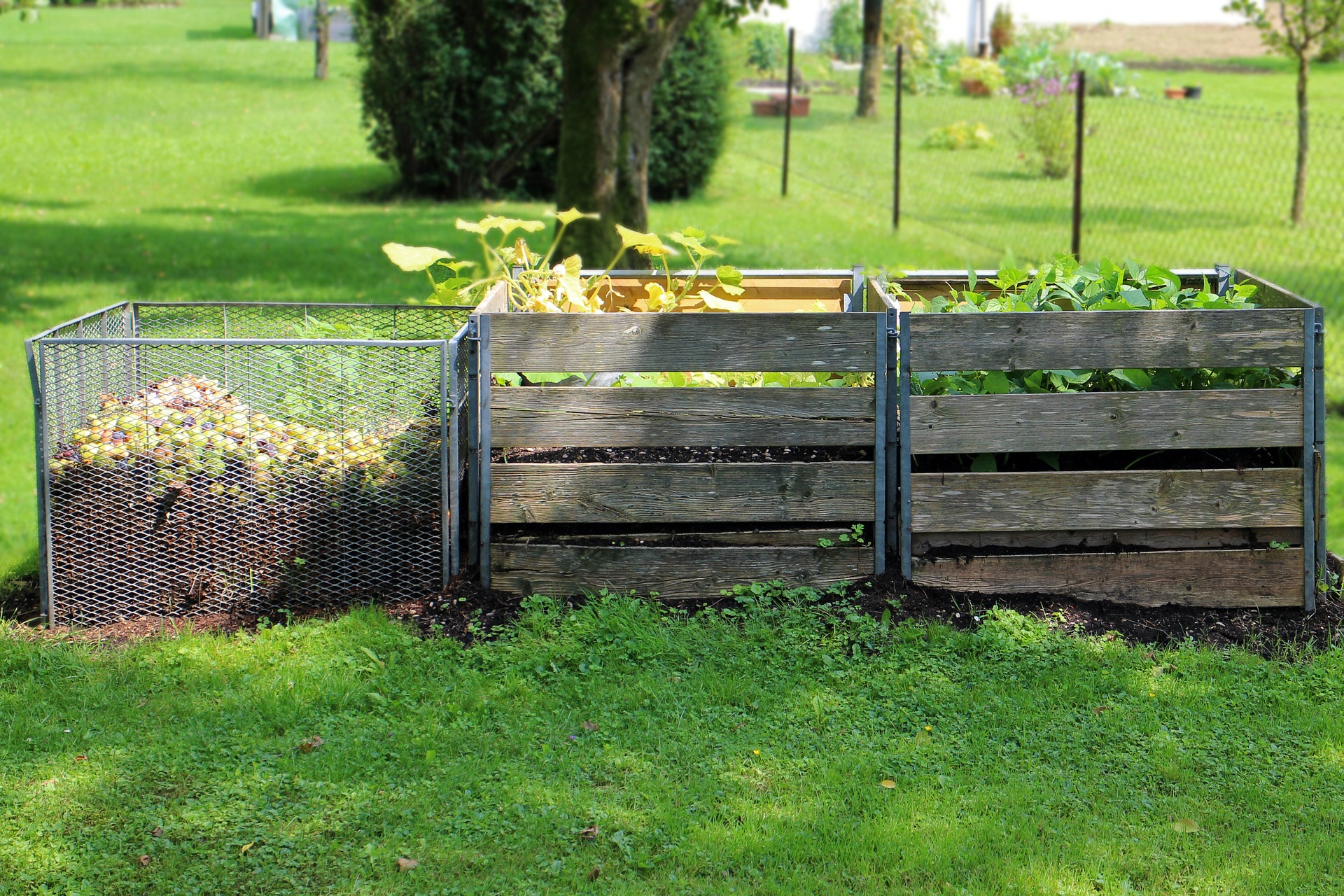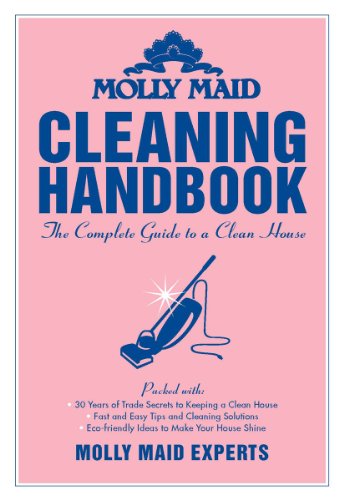
Troubleshooting Common Composting Problems
Maintaining a healthy compost heap can be a challenge, but most garden enthusiasts find it well worth the effort. Good compost is the foundation of any successful garden. It adds nutrients to the soil and helps it to retain water, both of which help plants to grow. Finished compost, often referred to as black gold, should be dark brown, have a rich earthy smell and easily crumble in your hand.
Unfortunately, the recipe for a good compost isn’t an exact science. It requires a careful balance of dry, carbon-rich “brown” items and wet, nitrogen-rich “green” items. So, you may find it takes some trial and error to get it right. Don’t give up! If your compost is struggling, there may be a simple fix. We asked the experts for some advice on the most common composting problems and here’s what they had to say:
Your compost is smelly
It may be you’re not turning it over enough. Tilling your compost is an important step. It allows air to circulate and reduces moisture in your compost. Try adding some “brown” material, like dry leaves, newspaper, dead plant clippings, wood branches, hay, sawdust and pine needles.
Your compost is too wet
This is the most common problem with compost. The cause? Adding too much fresh material, instead of a balanced mix of fresh and dry substances. Fresh stuff has high water content. Add dry materials into the mix to get a balance of “greens” and “browns”, improve drainage and prevent the compost from clogging up again.
Your compost is too dry
While ants are beneficial to the composting process, large numbers of ants mean your heap is too dry. Dry compost will stop decomposing because the bacteria and fungi responsible for the composting process will be less effective. Using a watering can wet your heap with water mixing the materials as you go to disperse evenly.
PRO-TIP: Adding fresh cut grass to your compost may seem obvious, but too much can knit together, blocking airflow and making your compost dense and soggy. It’s also high in nitrogen, which can make your heap smelly. To keep grass in check, always add to the pile in a mixed combo with “brown” materials.

